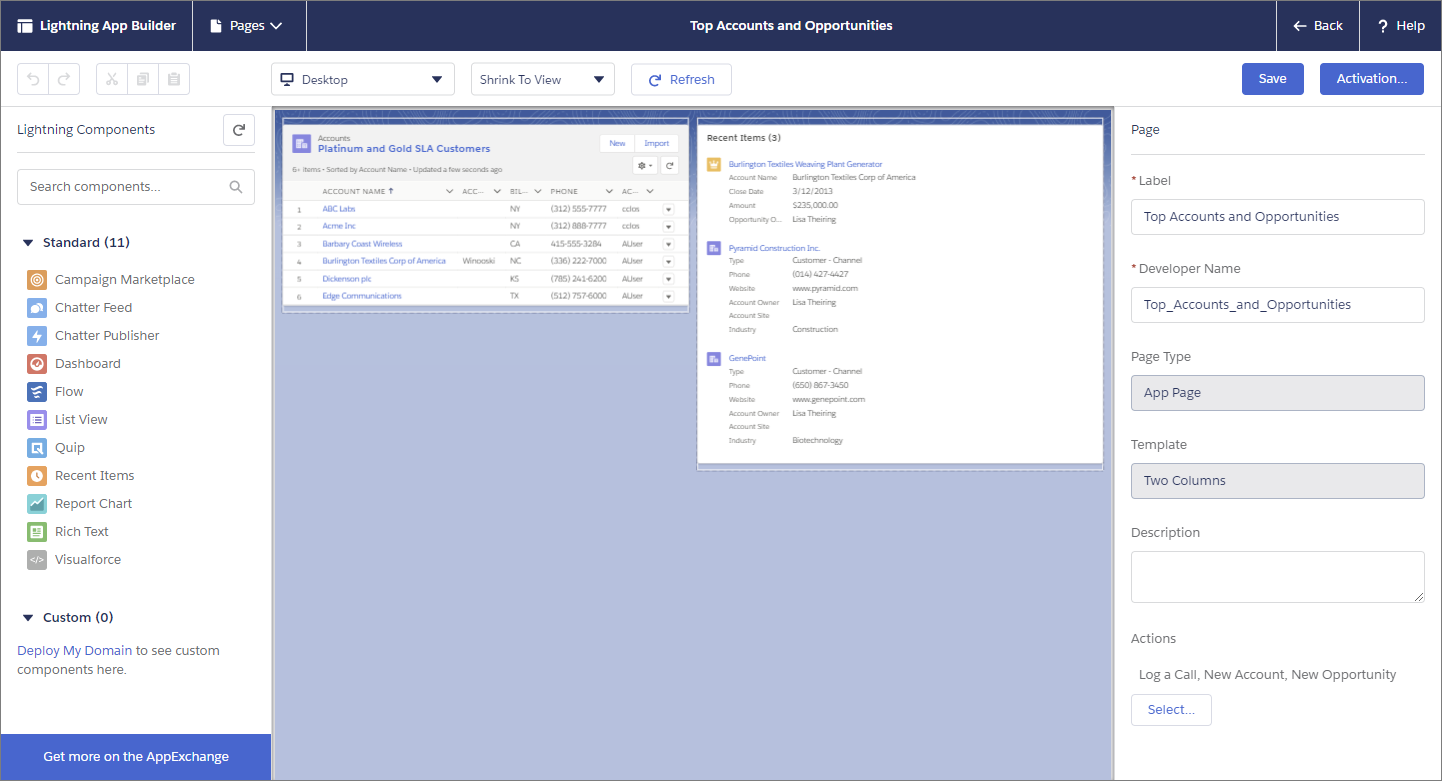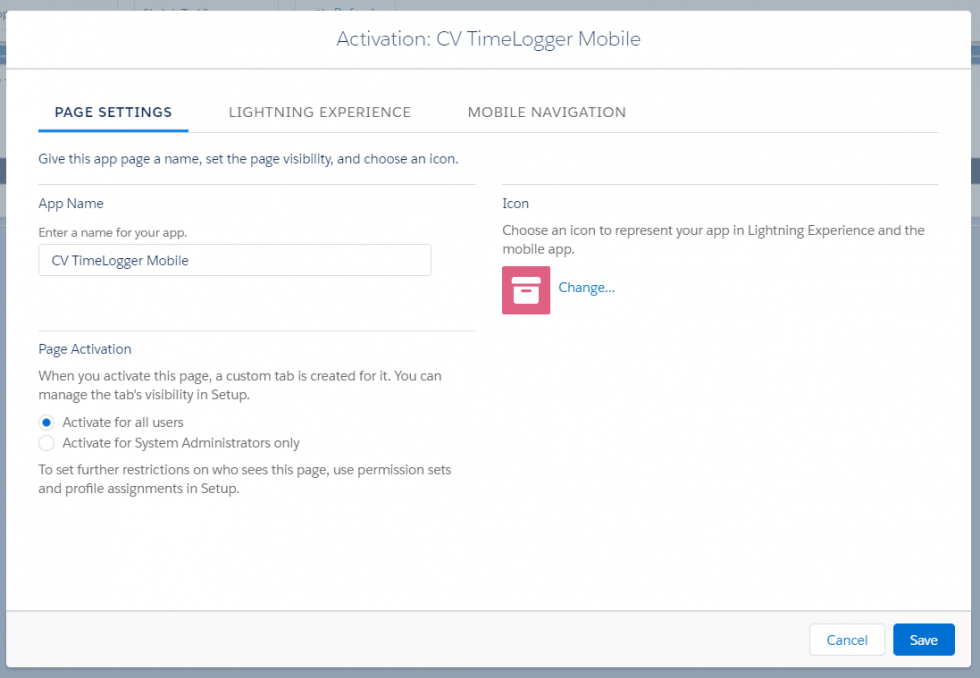

Scoping rules don’t restrict the record access that your users already have. By adding a scoping rule, you can help users focus on pertinent records and prevent them from accessing records containing sensitive or inessential information. Based on criteria that you select, you can set rules to help your users see only records that are relevant to them. Reduce noise and unnecessary searches while enhancing your users’ productivity. You can now create and manage restriction rules in Setup as well as with Tooling and Metadata APIs.Ĭontrol the Default Records Your Users See with Scoping Rules (Beta) – LINK


This feature, now generally available, includes some changes since the last release. Restriction rules are available for custom objects, contracts, tasks, events, time sheets, and time sheet entries. Create restriction rules to control which subset of records you allow specified groups of users to see. Secure your data and boost productivity by permitting your users to see only the records necessary for their job function. It would be awesome to get this in Salesforce CRM as well! (I doubt that will happen)Ĭ ontrol Access to Sensitive Data with Restriction Rules (Generally Available) – LINK It isn’t 100% equivalent to ANSI SQL, but a useful addition regardless. This is interesting to those of us more familiar with SQL than SAQL. You will get additional analysis of your CSS, Javascript and other aspects that could be optimized further.įast-Track Your Queries with SQL for Tableau CRM (Generally Available) – LINK Improve Page Performance with More Custom Lightning Component Analysis – LINKīeing able to get additional web page analysis is helpful is you want to really optimize specific pages. This release does feel particularly extensive, and the I could easily double the count of exciting features below: Īs usual, I have scanned through and picked out items interesting to me. The Salesforce Winter ’22 release notes have been released.


 0 kommentar(er)
0 kommentar(er)
